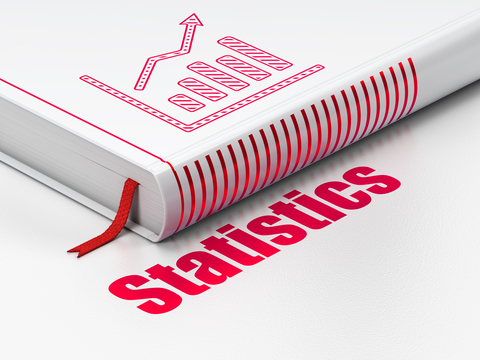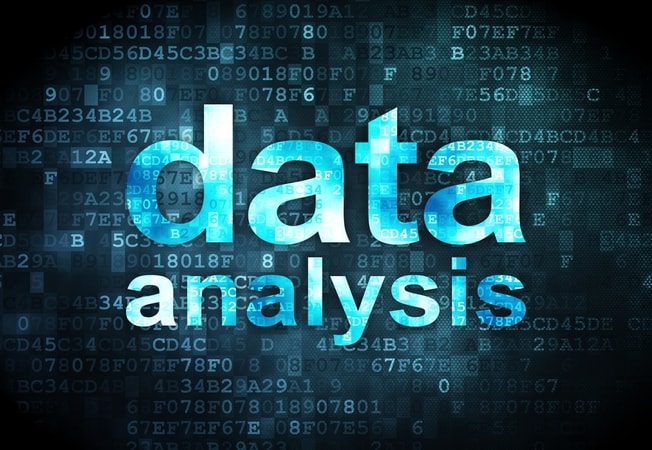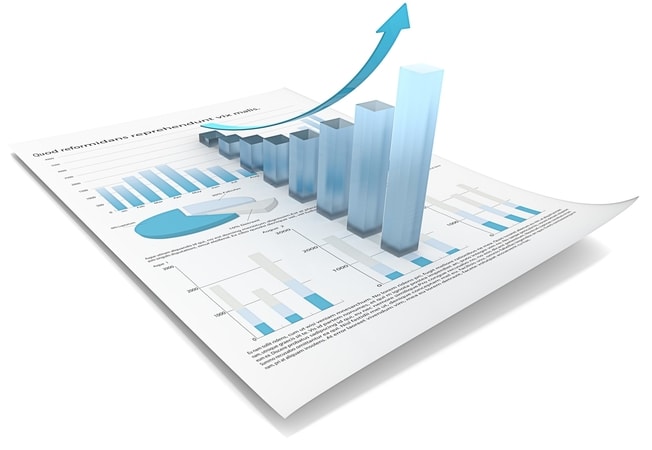Data Analysis Services for International Relations Theses / Dissertations Offered by Experts
International relations (IR) thesis/dissertation data analysis services are helpful to students, researchers, and observers of IR affairs when drawing insights from voluminous information; revealing patterns, correlations, and spotting trends in social sciences.
Both qualitative and quantitative data analysis services are essential in extracting information from and interpreting massive volumes of unstructured data for use in different research papers and other purposes in the international community.
Through our experienced data analysis experts for international relations thesis/dissertation, clients are always assured of the best service through which they can explore different themes in IR such as peacebuilding and peacekeeping, conflict prevention, humanitarian action, prediction of conflicts, and political instabilities across nations, among others.
This page contains information about the various factors we consider to offer our clients the best data analysis help for international relations thesis/dissertations.

Factors We Consider in Our Qualitative or Quantitative Data Analysis Services for IR Theses/Dissertations
In addition to the theses and dissertations, we analyze data for other research papers, capstone projects, compile research proposals and individual chapters such as the literature review, and any other assignment presented by the clients. In addition to data analysis, we offer writing services for all sorts of research papers across disciplines and fields, editing, and proofreading.
Therefore, after making the decision to purchase the services of an international relations data analysis from our credible company, one is assured of a comprehensive service that includes writing and presenting the data analysis findings and an exceptional conclusion chapter that shows the rationale of conducting the study and answers the research questions. Some of the factors we consider when analyzing data for IR thesis/dissertation include:
1. The research design used in the IR thesis/dissertation
The research design used to complete the dissertation or thesis determines the nature of data collected. Both quantitative and qualitative research designs are applicable to various disciplines in international relations. We must, therefore, understand whether the data presented is from a qualitative, quantitative, or mixed methods research design. The type of design affects the methodology for data collection and analysis.
2. Type of research questions to be answered
There are different types of research questions that influence the data analysis process in IR studies. In their thesis, dissertation, or other projects, students may choose to address questions that are descriptive, causal, relational, exploratory, predictive, interpretive, or comparative in nature. The type of questions asked during a study depends on whether the choice of design is qualitative or quantitative in nature.
The questions also determine the type of data collected and presented for analysis. IR thesis/dissertation research questions and their significance in the international community influence the data analysis services that must be customized to provide logical and applicable answers in different disciplines of the sector.
3. Exploratory data analysis (EDA)
Exploratory data analysis is the initial review of the dataset to understand its characteristics, unveil patterns, possible concepts, and predict possible challenges and missing values. EDA also entails data manipulation through which we examine the records and compare them to discover common features and mold them into concepts and generalizations in the IR topic or issue under study.
Our data analysis experts for international relations thesis/dissertation examine datasets during EDA with the main aim of understanding their distribution, outliers, and anomalies, hence, directing the use of specific tests for the research hypothesis. We visualize, manipulate, and plot data during EDA to assess its quality and create models for further analysis. The EDA techniques may be graphical or non-graphical, univariate, or multivariate based on the nature and number of variables in the dataset.
4. Nature of variables in the dataset
There are different variables that are applicable in research. These include categorical and numeric variables. A categorical variable is a characteristic that cannot be quantified and may be ordinal or nominal. Numerical variables are quantifiable and can be continuous or discrete. We classify the variables accordingly when creating the data analysis plan for an effective and seamless process. The type of variables being analyzed determines the statistical methods, tools, and tests to be used.

5. The type of analysis required
The type of analysis depends on the nature of the data at hand. Quantitative research may require a different analytical process compared to a qualitative study. When analyzing data for a PhD dissertation or thesis, it is essential to establish the nature of the information at hand to decide on the type of analytical techniques and procedures to use. Depending on the nature of data at hand, the following types of analyses may be required.
a). Qualitative data analysis
Qualitative data analysis services involve examining and evaluating texts, narratives, and sometimes audio or video to gain insights into the how, why, and when of particular phenomena that had an impact on a topic of interest in international relations affairs. The various data analysis strategies used in qualitative research depend on the type of question being answered and the nature of variables in the specific dataset.
In order to explain a wide range of political interactions among nations, organizations, or societies, our data analysis experts for international relations thesis/dissertation mostly use case studies and formal modeling. The focus group discussion strategy is also useful in qualitative data analysis for IR thesis/dissertation.
b). Quantitative data analysis
Quantitative data requires statistical analysis services from experts who can ascertain the reliability and validity of measurements and inferences while generating accessible summaries of big data and providing rigorous ways of testing theories in IR thesis/dissertation. The nature of thesis/dissertation data, therefore, determines whether one uses qualitative or quantitative analysis techniques.
There are various factors that we consider when offering quantitative data analysis services. These include:
c). The type of statistical analysis to perform on the dataset
Depending on the research question and the nature of variables to be analyzed, we perform statistical analysis divided into inferential and descriptive statistics.
d). Descriptive statistics
The methods used under descriptive statistics are meant to examine, describe, and summarize the dataset, making it easier to understand its characteristics and, therefore, the most appropriate test to run. The type of descriptive statistic to calculate depends on the type of variables in the dataset, and whether such variables are categorical or numerical. The major types of descriptive statistics that we calculate include:
- Measures of central tendency such as the mean, median, and mode.
- Measures of associations including the chi-square and correlation.
- Measures of dispersion such as variance, range, standard deviation, and skew.
- Frequency distribution of scores and values that can be represented in tables or graphs.
When offering international relations thesis/dissertation data analysis services, we calculate appropriate descriptive statistics and interpreted them accordingly; explaining the implications of the findings in the IR discipline or the particular issue/population.
e). Inferential statistics
Inferential statistics are fundamental when drawing inferences, making decisions, estimates, predictions, and generalizations pertaining to a particular population based on the findings from a study sample. We use statistical packages to run different tests on a given dataset. The choice of tools and packages is influenced by the type of statistical test being run on the dataset and whether the objective is the estimation or hypothesis testing.
After qualitative data collection and calculation of relevant descriptive statistics, our experts examine the summaries and variables to be analyzed before making a decision on which type of test will effectively achieve the analysis objectives. Some of the inferential statistics that we consider in our international relations thesis/dissertation data analysis services include the t-test, chi-square, regression, analysis of variance(ANOVA), correlation, and factor analysis among others.

6. Inferring and interpreting the IR research final output
The final output of the software is interpreted carefully, evaluating whether the inferences from the findings align with the initial questions, literature review, and related theoretical frameworks. Clients who hire a statistician to analyze data for an international relations thesis/dissertation from our company are guaranteed an effective process that demonstrates and links back the findings to the research questions, theory, and real-life applicability/relatability of the study in the respective IR field.
The data analysis process may be complex and time-consuming. However, students can find help at affordable rates to complete their dissertation data analysis, interpretation, and writing processes within the specified periods. We ensure that all parameters relevant in accomplishing the research objectives are explored sufficiently; with the best choice of data visualization techniques such as charts and graphs to communicate the findings to the receiving audience better.
We provide data analysis assistance to students and researchers pursuing international relations studies to ensure they achieve their research objectives. Our online custom international relations thesis/dissertation data analysis services are always available with customer support that is accessible 24/7. One can, therefore, place their orders, inquiries, or track work progress at any time.
With us on board, one can rest assured of completing the dissertation, thesis, or project before the submission deadline provided by the university. We format the papers appropriately according to the style guide requirements and any other additional instructions from the specific university. Therefore, anyone searching for the best data analysis help for international relations thesis/dissertation can count on us for high-quality, timely, affordable, reliable, and comprehensive services.





